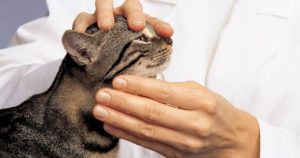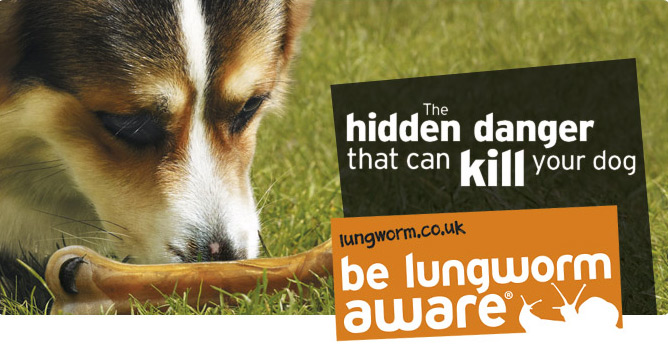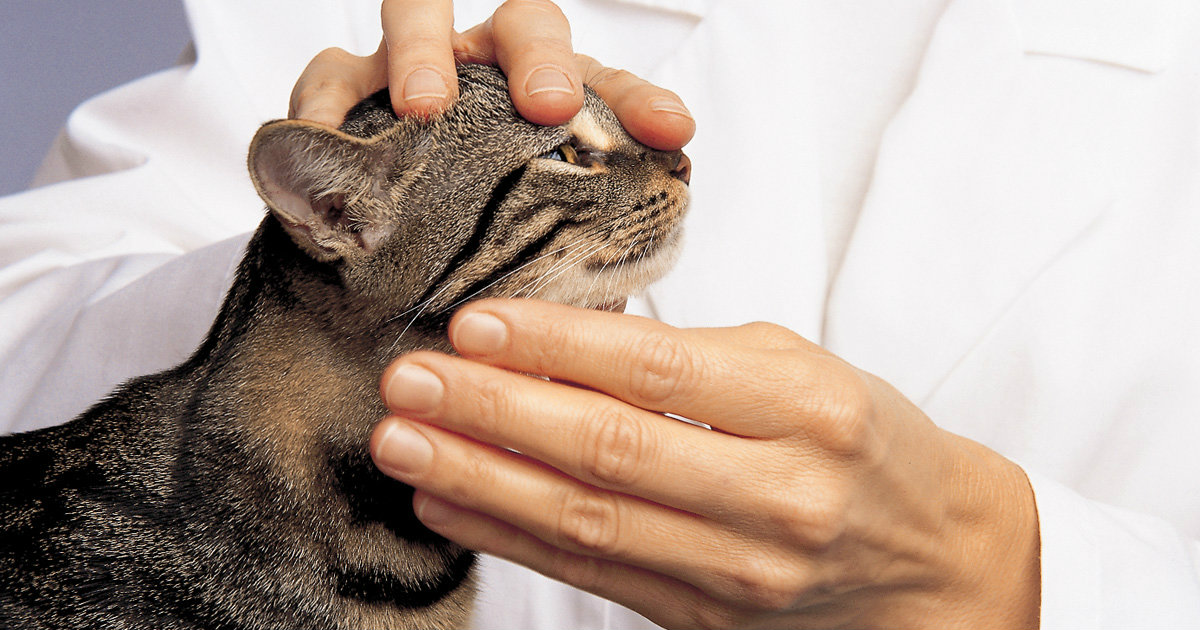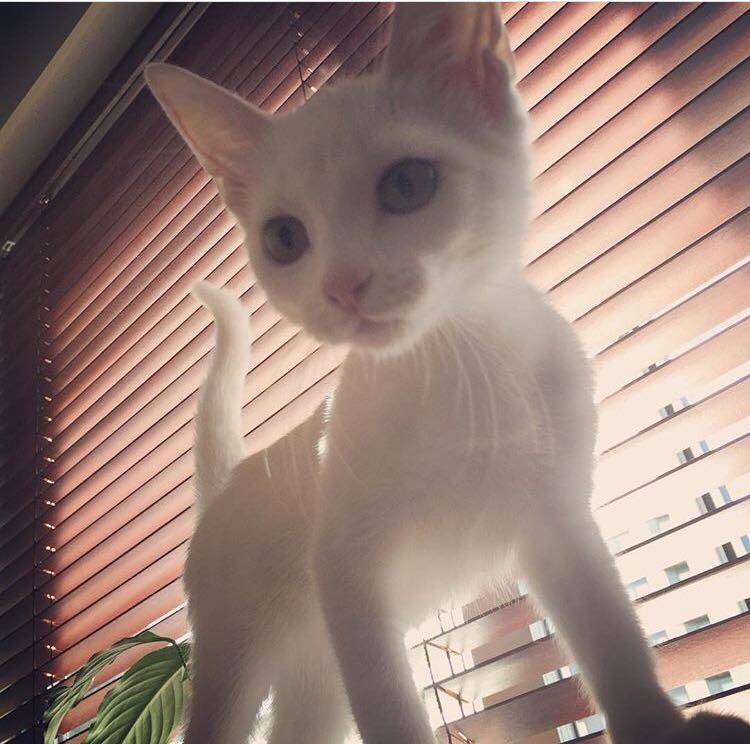Covid – 19 – Has It Affected Your Pet?
Covid – 19 – Has It Affected Your Pet?
The early experiences a puppy or kitten has with people and their surroundings has a huge impact on their behaviour and personality for the rest of their lives. Our Spring News Blog talks through how a rescue centre or good breeder can help the socialisation process with your pet. If Covid has effected your pets socialisation, do not hesitate to seek help from a vet or qualified behaviourist.

How the heart pumps
Our Spring news explains how a healthy heart works and the different heart conditions that can effect your pet. Older cats are at an increased risk of developing a condition where the heart muscle excessively enlarges in size. The signs of heart disease are explained in our Spring News Blog, the good news is both our Ealing and Hounslow surgeries have the facilities to offer ultrasound scans of your pets heart to help diagnose a condition. Contact our team if you have concerns about the articles mentioned and your pet.

Lungworm awareness!
The warmer Spring weather provides the perfect opportunity for parasites to start spreading onto your pet and into your home. Lungworm is a parasite effecting dogs and foxes, it can cause significant disease and in some cases, it can be fatal. Our Spring News discusses how your dog can become infected, and more importantly how simple prevention can be. The good news is Lungworm protection is automatically included in our Dog Pet Healthcare Club, find out more here.

We hope you have enjoyed reading our Spring News Blog, if you have a question on any of the articles mentioned please do not hesitate to discuss it further with one of our vets at your pets next appointment or drop us an email on admin@youngvets.co.uk
We are passionate about pets – almost all of our vets, nurses and receptionists are pet owners – we love them too! If you and your pet are not yet registered with our surgery, please click here to register online we can’t wait to meet you and your pet soon.







